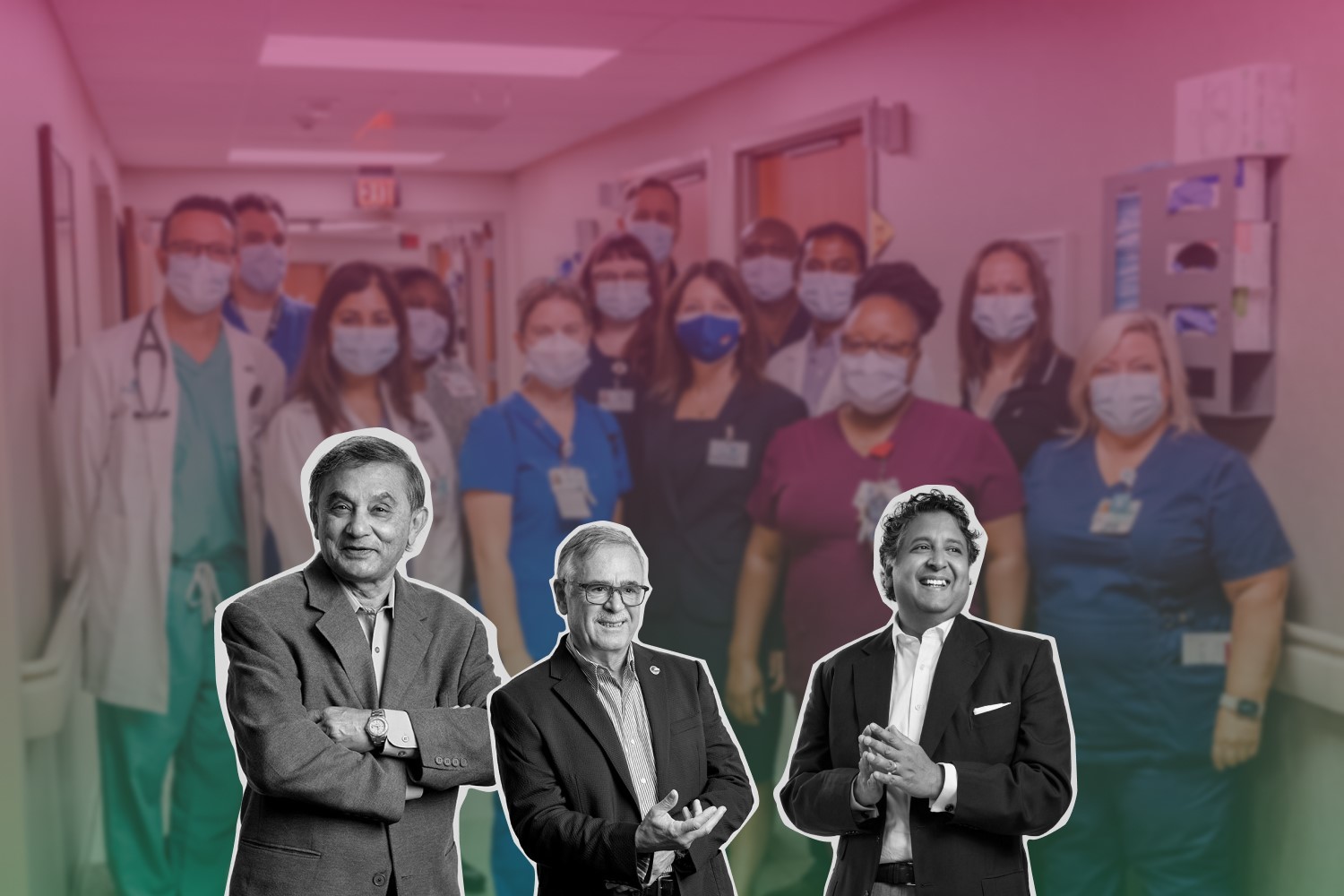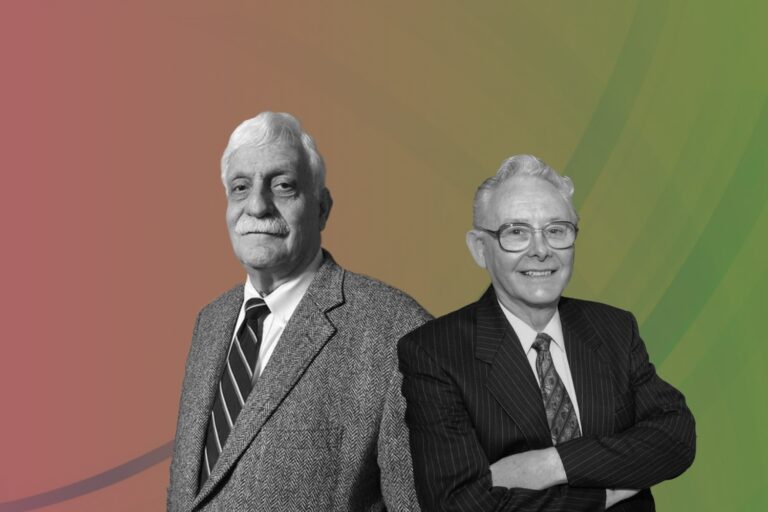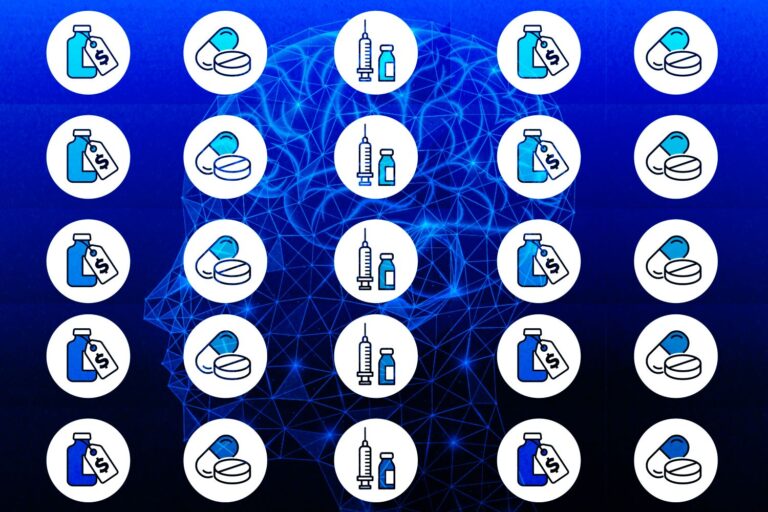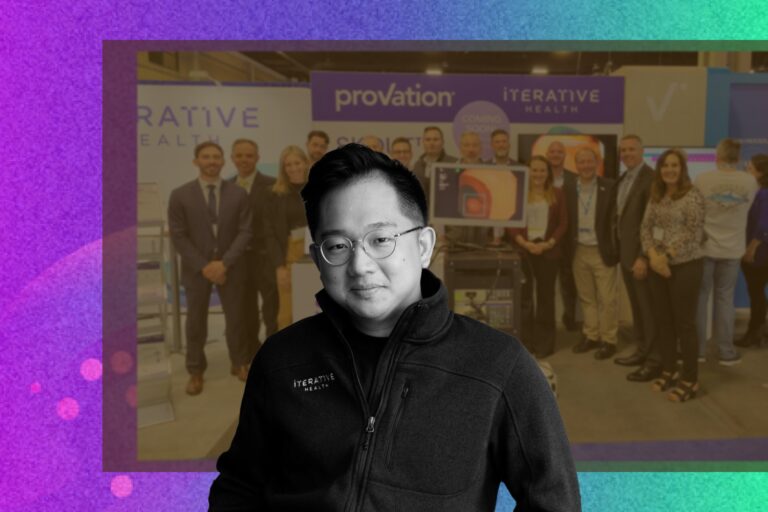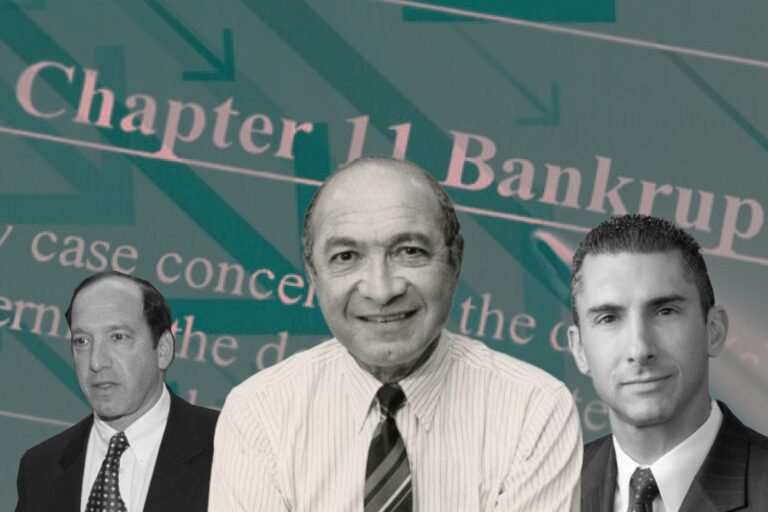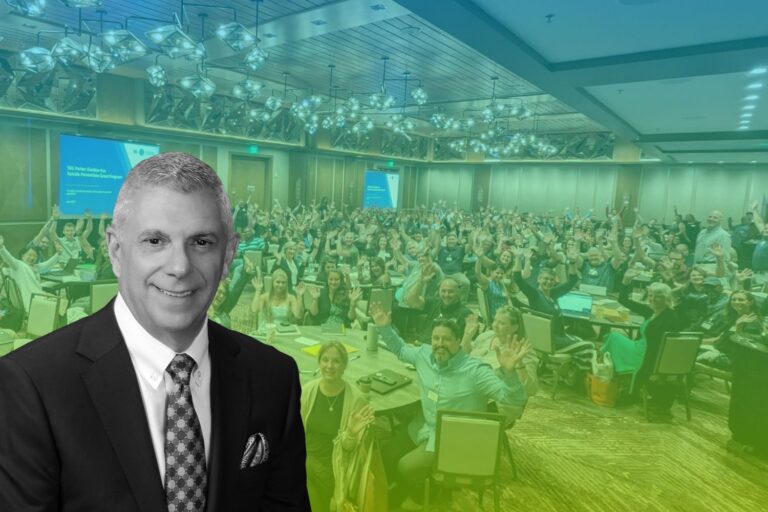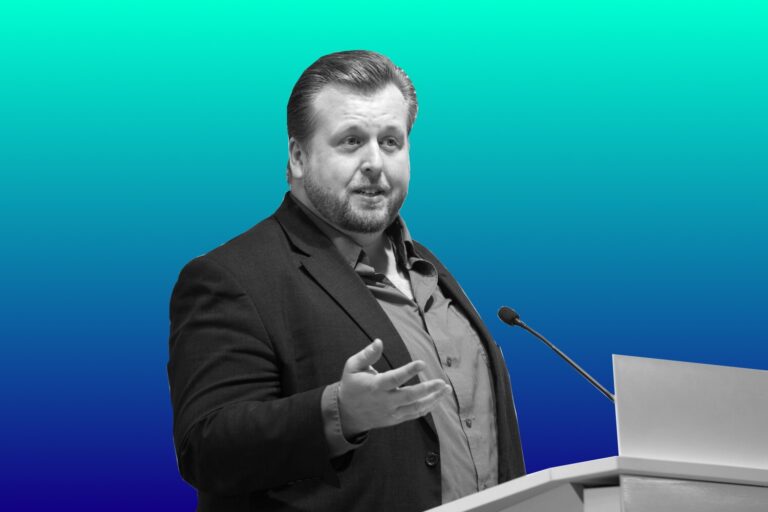How Exo Brings Medical Imaging to the Pockets of Caregivers at the Price of a Laptop
Exo is not just a device company, it thinks of itself as a health and information company. Ultimately, this is about tools that fit into the daily lives of doctors, nurses, and other care providers, so it’s important to know how the hospital works. The company wanted its technology to disappear into the background, which meant making it as simple as using an app on the smartphone. The key to its platform is the piezoelectric micromachined ultrasonic transducers, nano-sized devices embedded on silicon chips, which helps the company create an ultrasound device that uses a fraction of the power.
“A common complaint among healthcare professionals is that documentation management is a time-consuming, draining, and tedious process that is prone to human error, which leads to reduced time for care and suboptimal patient outcomes,” said the co-founder and CEO of the company Sandeep Akkaraju. “We believe this is a technology that will go across multiple form factors to get a view inside the body. Our goal is to make this available to key partners who are going to take it to other areas. We want to make sure it’s available broadly.”
Akkaraju is a proven entrepreneur with a hands-on managerial background in leading interdisciplinary technology and business teams and a track record of bringing to market complex hardware and software products. Exo is his fourth startup organization after building several companies. He had grown them, exited them, and whatever else he could think of. As he has been an entrepreneur long before startups were fashionable, we would stand a chance to learn a lot from his journey.
Where the Entrepreneurial Spirit Came
According to Akkaraju, he is originally from India, and healthcare has always been a part of his family. In the post-colonial era, Akkaraju’s grandfather and grandmother founded a hospital that re-built the Indian health system. Therefore, he has always had a passion for both healthcare and entrepreneurship, which brought him to Silicon Valley after he finished his university studies. Before Exo, Akkaraju was a part of the team that turned a garage startup into IntelliSense, a MEMS technology powerhouse. After IntelliSense was sold, he went on a backpacking journey to Africa, where he witnessed firsthand how the lack of healthcare infrastructure can severely affect impoverished communities, causing treatable and preventable illnesses to spiral into life-threatening diseases.
“Clearly, the contrast between these rural African villages and Silicon Valley was starkly different, especially when it came to access to medical care and technology. This inspired me to re-immerse myself in the technology world with a desire to tackle true transformational challenges that would impact the lives of people around the world. I returned to the U.S. and re-acquired IntelliSense from Corning, and then went on to launch and sell Jyve, a sensor company pioneering the early technology of Augmented Reality, to a large semiconductor firm. These experiences led to the launch and growth of Exo with my co-founders Janusz Bryzek, Yusuf Haque, and John Kokulis, born with my vision to redefine medical imaging and diagnostics for patients worldwide,” said Akkaraju.
Akkaraju’s ambition is to make a direct impact on West African villages and rural communities in the United States, where hospitals and clinics are hours away and imaging is not always available. The reality that 75% of the world lacked access to any kind of medical engine was the driving force behind Exo. In 2014, a report from the Globe Health Organization said that ultrasonography might become a tool for providing medical imaging to the rest of the world. There was a non-ionizing, non-radiating modality here. The issue at the time was and continues to be, obtaining high-quality medical imaging.
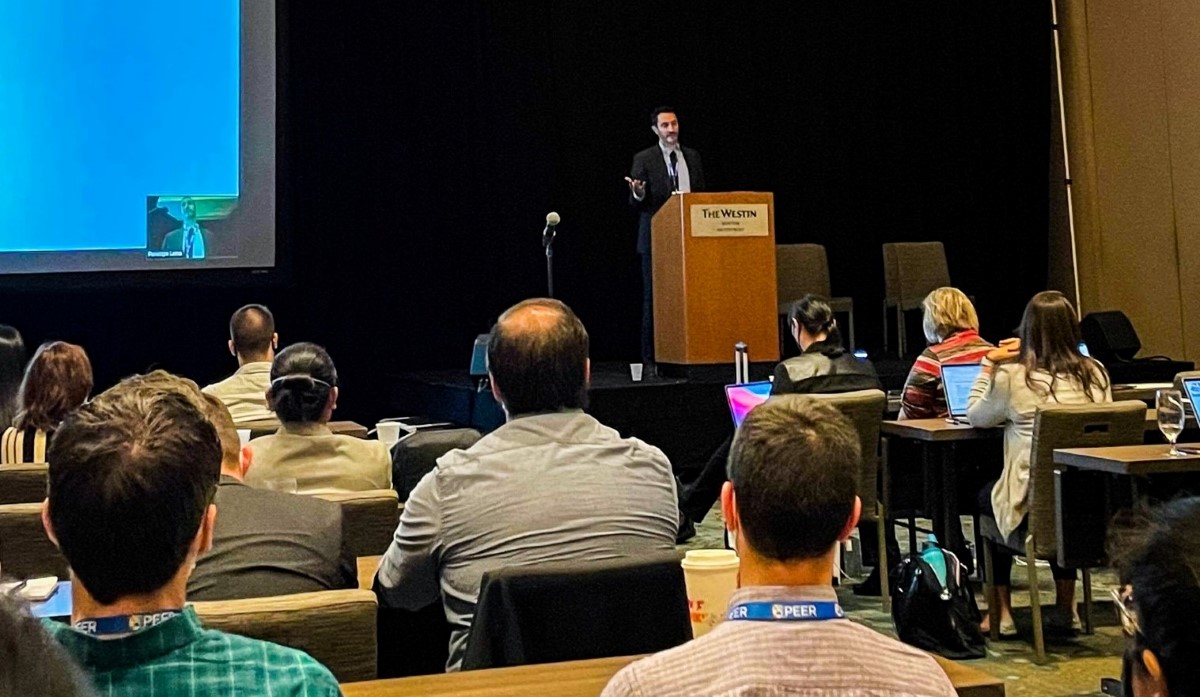
“The devices are tens of thousands and hundreds of thousands of dollars. The key thing for us was we had the skillsets and background to be able to focus on miniaturizing these systems. I think my background in nanotechnology and semiconductor software pointed out that there may be a path forward out here to change the economic paradigm. The idea was quite simple. It’s how do you take the high-priced equipment and provide the same image quality in a device that would actually be in your pocket. If you also look at ultrasound today, they have hundreds of buttons, a lot of knobs, really complicated devices to even use,” he said.
The idea was how to change the economic paradigm by making this a few hundred dollars and a few thousand dollars at the price of a laptop, but also to fundamentally use the same technologies that allowed people to take what used to be a single-lens reflex camera with a lot of buttons and knobs, and also make that into a chip that’s now part of people’s smartphones. That is the fundamental modality that everybody uses to take it worldwide. Billions of people use these devices without even thinking about how to use them.
“How do we fundamentally change? If you could fundamentally change the economic value proposition and the ability value proposition, you could now start putting medical imaging into the pockets of caregivers. What’s interesting is these are large substantiated markets, and you’re talking about over 100 million professionals who could use these devices. Ultimately, we continued to push this. This could be something that could get into every home, just like you use devices in your home to scan your forehead to take your temperature, we believe these kinds of devices are going to be part of your kitchen cabinet in the future,” Akkaraju said.
As Akkaraju shared, that was the original idea of the company’s inception, and it sounded extremely to be able to provide an on-demand window into the human body. When you look at what Exo is competing against, you’ve got 150-year-old technology that allows you to listen to what’s happening inside of the human body. “Why not just take a look and see what’s happening? It’s one of those visceral ideas, so a foundation for Exo,” he added.
It was a difficult choice that the company has decided to take a risk in changing the ultrasound landscape by being ahead of the game as the industry takes on an inevitable evolution through technology. It is placing a huge emphasis on its vision of ultrasound being in the pockets of caregivers worldwide. As it stands today, many ultrasound machines are cumbersome to use and this is clearly holding the industry back. As a result, Exo created an intuitive solution to bring the industry forward, proving to clinicians how simple and non-cumbersome it can be to achieve high-quality imaging, therefore vastly improving patient outcomes.
The Founder’s Advice to His Younger Self
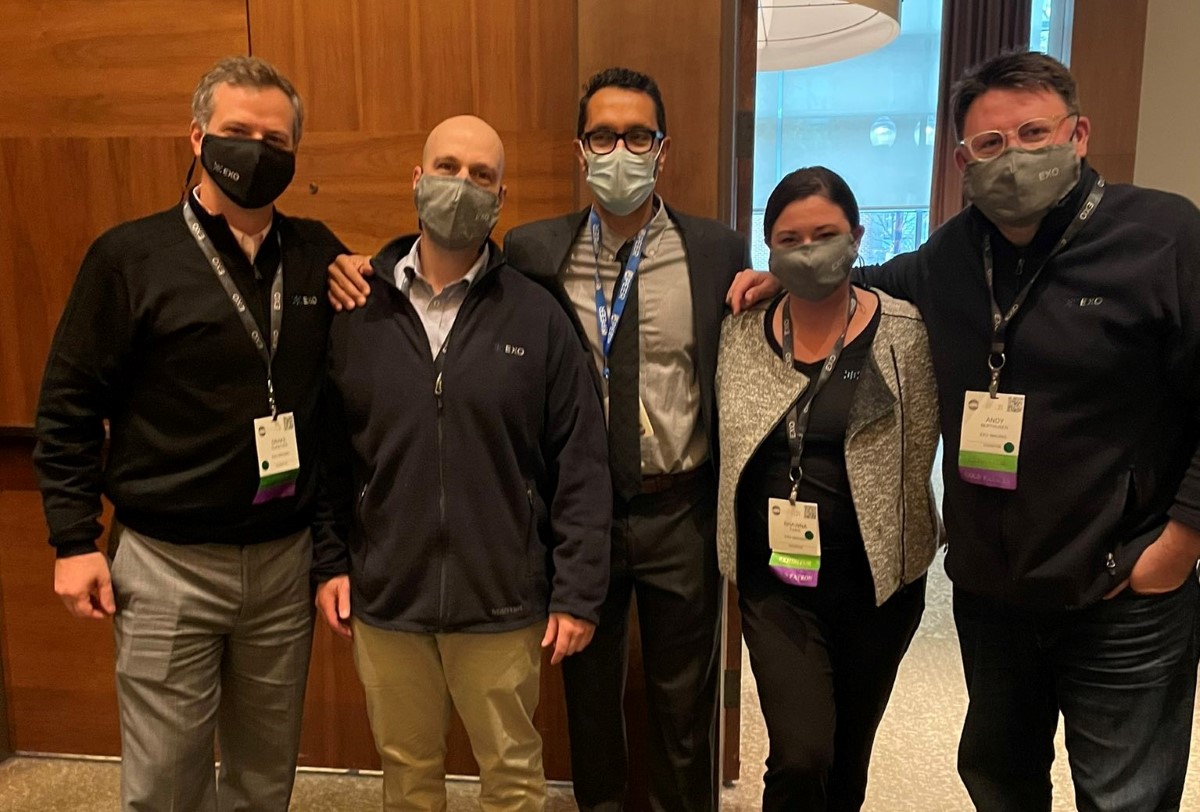
“I think it would be simple. For me, it’s about having the courage to go after big ideas. I think as I get older, I realize life’s short, and we have a limited number of hours on this planet. It’s about going after big ideas that really push humanity forward, not in a small way. I think we shouldn’t be afraid of taking these big leaps. It was Steve Jobs who wrote the ad copy for the Think Different ad where they say, ‘Those who are crazy enough to think they can change the world are the ones who do’,” Akkaraju shared.
In Akkaraju’s opinion, part of any success is about going after big ideas and being patient while pursuing those ideas. Startups are places where we can’t necessarily pursue incrementalism. That’s what big companies are for. If you want to do things incrementally, then go and work for big companies out there. To him, startups have to pursue big ideas and that’s what they’re for is to push yourself as an entrepreneur.
For Akkaraju, if somebody had told him 20 years ago about working on devices that allow you to see into the human body and put it into people’s pockets, he would have said it would be crazy. But here he is doing that and doing that really well. As he said, “I think you make your own luck. I think that would be the big takeaway for me is, go work on big things and go after big ideas that push mankind forward.”
Ultimate Vision When Being fully Realized
“Our north star is pretty clear. We want every caregiver and every clinician worldwide to have one of our devices in their pockets. This is a replacement for the stethoscope at large. I think in the future, we want to make sure that every patient has one, and every parent has one in their kitchen cabinet. I think the world that is transformed is the world that looks at stethoscopes as being antiquated,” said Akkaraju.
Today when anyone looks at a doctor on your phone, it’s somebody with a stethoscope. As Akkaraju hopes, that image is going to be everybody with a device that allows them to look into the human body. He thinks that’s coming on where we would like to be able to take that. Fundamentally, that is giving people tools that give people unprecedented details into what’s happening inside their bodies.
Akkaraju was so proud to share that he has an amazing team at Exo that allows him to take breaks and maintain a balance of work and family as well. To him, this goes a long way, especially when there are many external stressors around COVID-19. Akkaraju has the type of personality that relishes tackling challenges, and he looks at setbacks as an opportunity to improve. As he admitted, he typically does not dwell on things and can quickly learn, adapt, and move on. Those can be considered as essential qualities of a leader who can take the company toward a brighter future.
Plan to Stay in The Game
“I would compare handheld medical imaging to the early days of the digital music market or the early mobile phone market. There are a number of players with parts of the solution. Each of the players has solved parts of the problem but no one has created a solution that solves the entire problem,” said Akkaraju.
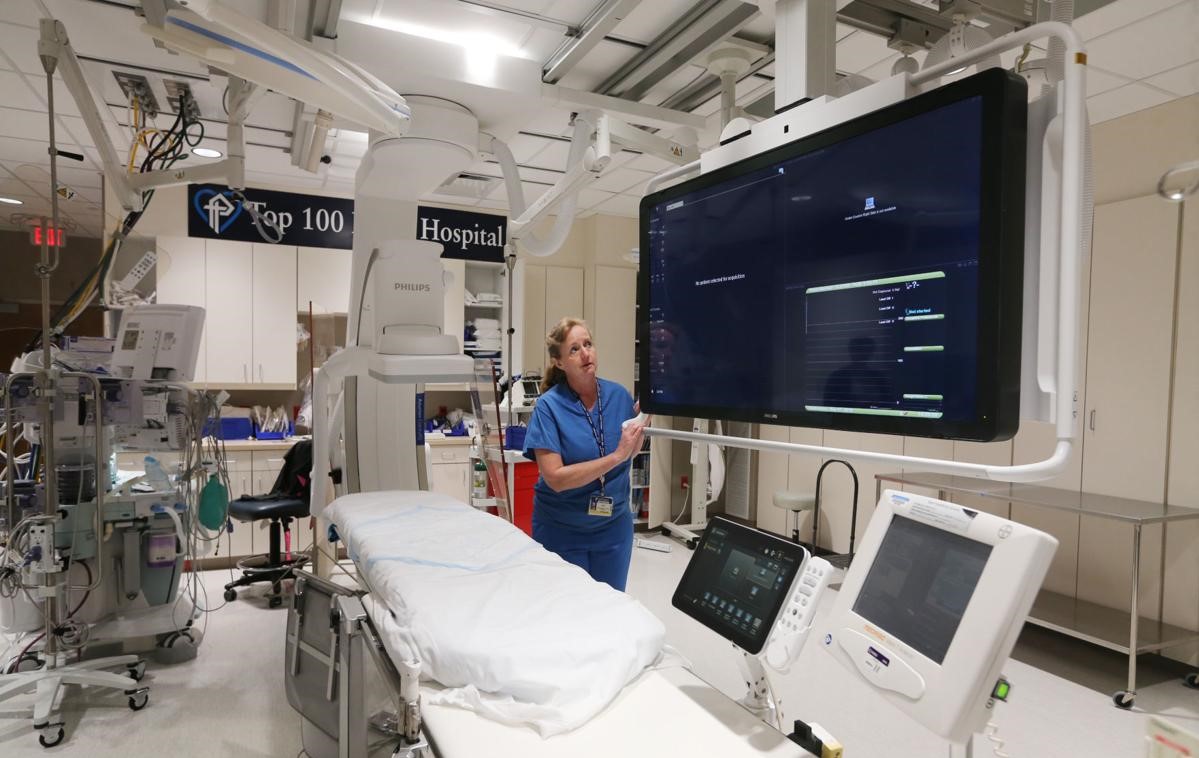
There are a few products with adequate image quality but are bulky or expensive, others are inexpensive but have poor image quality. Each of these products makes compromises on image quality, ergonomics, or ease of use. More importantly, these products do not adequately fit into the workflow of physicians. None of them provide an end-to-end solution that can go from imaging to billing without hair-pulling, from Akkaraju’s point of view.
“At Exo, we are reinventing the future of ultrasound. Our proprietary Piezoelectric Micromachined Ultrasound Transducers – the only chip technology of its kind, which will deliver reliable, high-fidelity imaging at the price of a modern laptop. We are also creating an informatics platform that allows for seamless data transfer from imaging to documentation, billing, and patient records. We’re hard at work at computational sonography algorithms that make medical imaging as easy as using a camera on your phone. Our goal is to deliver unparalleled image quality, ease of use, and seamless integration into a physician’s workflow,” he explained.
What contributes to the company’s success is a deeply experienced team with high-level knowledge of all elements of the business. Undeniably, Exo has an incredible leadership team behind its technologies, coming from big companies like Apple, Google, GE, Medtronic, Siemens, and many others. They’ve applied their years of experience in developing and bringing patented technology solutions to market to foster a trailblazing new technology in ultrasound that retains the quality of a larger ultrasound machine at a fraction of the size and cost.
The Bottom Lines
Through Akkaraju’s perspective as an excellent leader, we can understand that success is a long journey. There are many factors needed that allow a startup like Exo to develop medical imaging technology unlike anything else on the market, making healthcare more reliable and more affordable than ever before. Exo can do it, so can your company.

